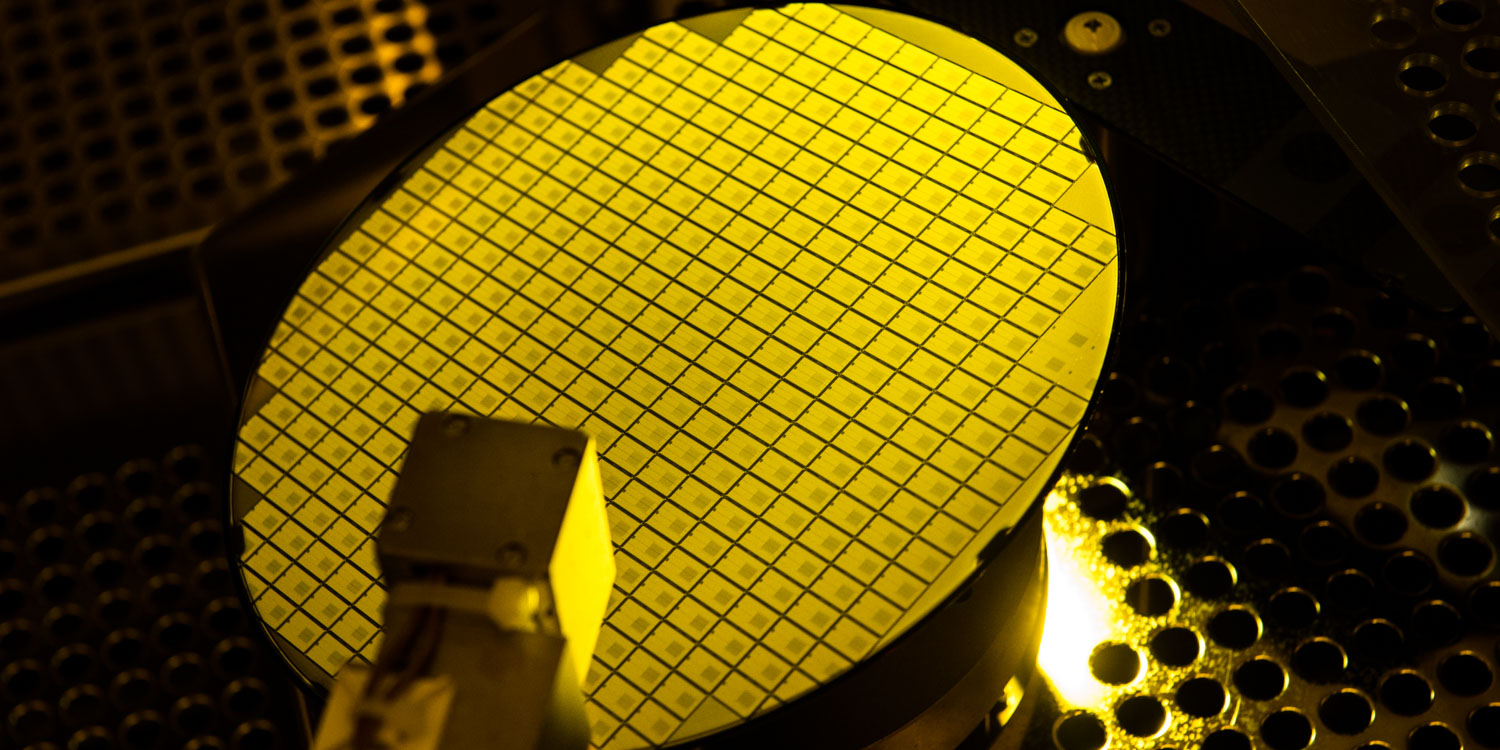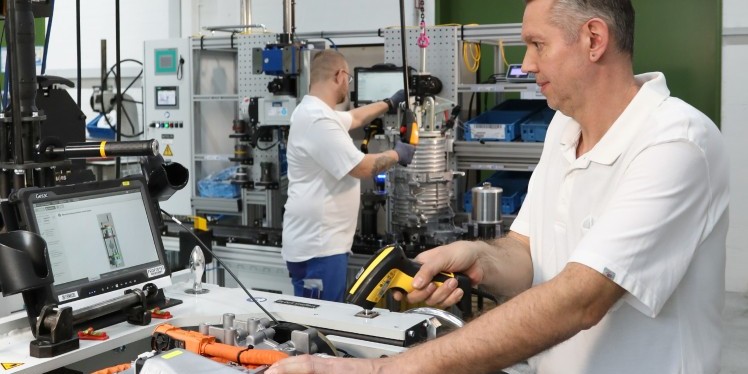German automotive supplier ZF has signed a long-term supply contract with STMicroelectronics for silicon carbide (SiC) semiconductors. These semiconductors will be integrated into ZF’s inverter platform for use in electric vehicles, and ST will manufacture the SiC chips in Italy and Singapore, package them into modules called STPAK, and test them in Morocco and China. The modules will then be supplied to ZF from 2025 onwards, enabling the supplier to adapt inverters to customers’ performance requirements without changing the inverter design.
See also: ZF Group to Invest $194 Million in Expanding Manufacturing Capabilities in Mexico for EV Market
According to ZF, the supply agreement with STMicroelectronics is the second SiC deal for the company in a short period. The supplier is also building its own factory for SiC semiconductors in Saarland with American SiC specialist Wolfspeed. By taking these steps, ZF aims to ensure a secure supply chain and meet the increasing demand for electromobility. The supplier’s order book in electromobility until 2030 is valued at over €30 billion.
SiC semiconductors have been widely recognised for their advantages in electric car inverters, including reduced power losses, higher efficiency, higher power density and higher reliability. These devices also enable smaller and more cost-effective system designs, making them particularly suitable for premium vehicles. As the demand for electromobility continues to grow, reliable suppliers of SiC semiconductors will be essential for the automotive industry.
See also: BorgWarner Expands Inverter Business with 800V SiC Inverters for Global OEM’s BEV Platforms
“The key to success in electric vehicle technology is greater scalability and modularity with increased efficiency, peak power and affordability,” said Marco Monti, ST board member responsible for the automotive division. “Our silicon carbide technologies help deliver these benefits and we are proud to work with ZF, a leading automotive supplier for electrification, to help them differentiate and optimize the performance of their inverters.







